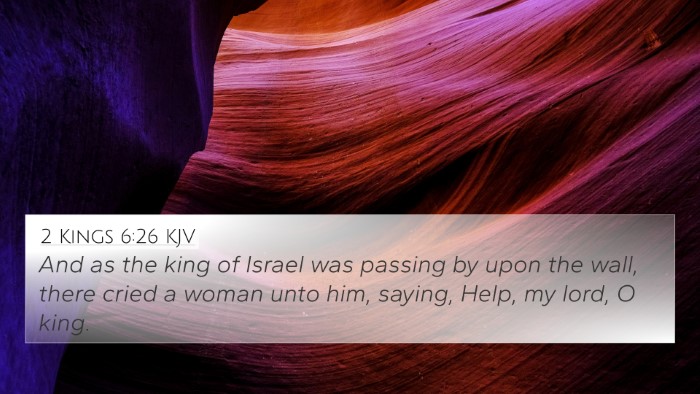Understanding Job 21:4
Job 21:4 states: "Is my complaint directed to a human being? Why should I not be impatient?" This verse is part of Job's response to his friends who suggested that his suffering was a result of personal sin. Job is expressing his anguish and frustration, questioning the reasoning behind his suffering.
Meaning and Insights
In this moment of despair, Job grapples with the idea of injustice and the apparent prosperity of the wicked. The combined insights from various public domain commentaries shed light on the depth of this verse:
- Matthew Henry's Commentary: Henry emphasizes that Job's complaint is not directed towards any earthly being, highlighting Job's awareness of the divine nature of his suffering. He illustrates the intensity of Job's emotions, suggesting that such a severe lamentation shows the complexity of human anguish when faced with seeming injustice.
- Albert Barnes' Notes on the Bible: Barnes discusses the implications of Job's question about his impatience. He notes that Job's legitimate grievances highlight the struggle of the righteous in the face of inexplicable suffering, illustrating the emotional turmoil of one who feels abandoned by God without understanding the reason.
- Adam Clarke's Commentary: Clarke provides a reflective take on Job's words, noting that while Job feels justified in his complaint, the verse also invites readers to consider their own responses to suffering and the importance of understanding the reasons behind their hardships.
Bible Verse Cross-References
Job 21:4 connects with several other scriptures that explore themes of suffering, injustice, and human emotion. Here are important cross-references:
- Psalm 73:3-5: This psalmist also laments the prosperity of the wicked, mirroring Job's feelings of confusion.
- Habakkuk 1:2-4: Habakkuk expresses a similar complaint about the injustice he sees in the world.
- Ecclesiastes 8:14: This verse discusses the seeming inequities in life, resonating with Job's plight.
- Romans 8:18: Paul discusses present suffering and future glory, aligning with Job's enduring struggle.
- 2 Corinthians 1:4: This verse speaks of comfort in affliction, paralleling Job's eventual restoration and understanding.
- 1 Peter 5:10: Peter encourages believers enduring suffering, reflective of Job's journey.
- James 5:11: James mentions Job as an example of patience in suffering, linking to the broader narrative of his trials.
Connections between Bible Verses
This verse serves as a pivot to explore how suffering is treated throughout the Scriptures. Through cross-referencing Biblical texts, one can find thematic parallels that deepen understanding.
- Thematic Bible verse connections: Job's expression of spiritual agony finds echoes in the lamentations of Psalms and the woes described by the prophets.
- Comparative Bible verse analysis: By examining Job's plight alongside the teachings of New Testament figures, readers can draw a comprehensive understanding of faith and perseverance.
- Cross-referencing Biblical texts: By linking Job's struggles with the epistles, one can uncover the continuity of the human condition presented in scripture.
Inter-Biblical Dialogue
This exploration encourages diving deeper into the inter-Biblical dialogue, where the resonance of Job's experiences influences New Testament teachings. The question of divine justice remains a focal point throughout scripture, driving home the relevance of Job's plea.
Conclusion
In understanding Job 21:4, we see a profound inquiry into human suffering and divine silence. The nuances of Job’s complaint evoke reflections that extend beyond his story, inviting believers to contemplate their own experiences of hardship and to seek understanding through the rich tapestry of scripture.
Further Study Resources
For those interested in deepening their understanding of biblical themes through cross-referencing, numerous tools and resources are available:
- Bible concordance to find related verses.
- Bible cross-reference guide for thematic studies.
- Comprehensive tools for exploring connections between the Old and New Testament.
- Methods for using Bible cross-references in personal study or sermon preparation.














